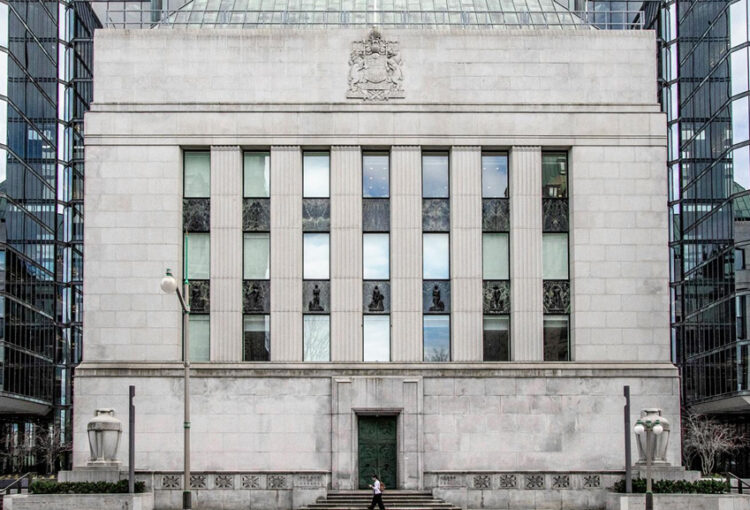
Bank Of Canada Could be cutting rates soon

In a recent appearance before the Parliamentary finance committee, Bank of Canada Governor Tiff Macklem discussed various key economic issues, shedding light on the central bank's outlook and potential actions. During the session, Macklem emphasized the importance of affordability in the real estate market, highlighting that people won't buy properties if they can't afford them. He acknowledged that supply constraints can impact affordability.
One significant revelation from the session was that the Bank of Canada might not need to wait for inflation to reach its 2% target before considering interest rate cuts. Deputy Governor Carolyn Rogers suggested that if inflation shows signs of coming down sustainably to 2%, the bank could contemplate lowering interest rates ahead of schedule. This statement marked a departure from the bank's recent hawkish stance, where it had been hesitant to discuss interest rate cuts.
Macklem and Rogers also addressed the impact of government spending on inflation, with a focus on the need for governments to consider the inflationary consequences of their spending decisions. They emphasized that it's not just federal government spending but spending at all levels of government that can contribute to inflation.
Additionally, the session covered the rising bond yields in the United States and Canada, partly attributed to increased government borrowing. This situation has implications for borrowing costs, both for the government and individuals, as they compete for funds in the market.
On the topic of Canada's real estate market, Macklem did not explicitly label it as a housing bubble but noted that prices have surged by 50%, and recent interest rate hikes have had a quick impact on cooling demand, leading to a more balanced market.
In conclusion, the Bank of Canada's recent statements hint at a more flexible approach to interest rates, potentially offering relief to borrowers, while also stressing the importance of fiscal responsibility and its impact on inflation. However, uncertainties in the global economy and events beyond the bank's control make future predictions challenging. Observing the central bank's response to these evolving factors will be essential for understanding the trajectory of Canada's real estate market and economy.

